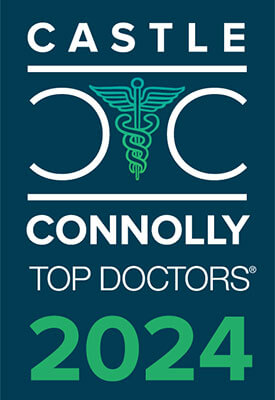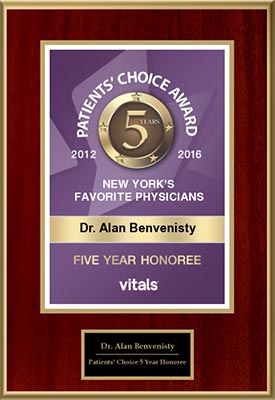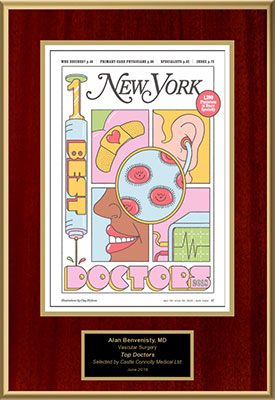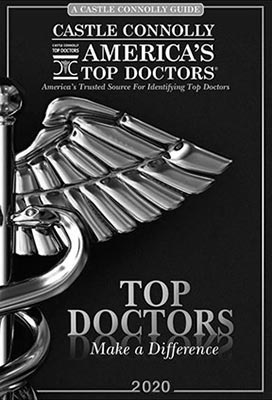Cryoplasty
As a type of balloon angioplasty, cryoplasty (also referred to as endovascular cryoplasty) is a time-tested nonsurgical treatment for peripheral artery disease (PAD) and peripheral vascular disease (PVD). While plaque from fatty substances and cholesterol can buildup within arteries and reduce or stop blood flow, cryoplasty uses pressure and cold to reopen arteries. For individuals experiencing claudication or pain, cramping and numbness in the legs, cryoplasty is used to relieve pain by restoring blood flow to the lower extremities.
Cryoplasty incorporates balloon dilation with cryotherapy, and it is the only option that uses these two modalities together, making it a suitable treatment for both coronary and peripheral arterial systems. While traditional angioplasty uses saline as the material for dilation, cryoplasty uses nitrous oxide. As a gas, it acts to cool the vessel wall. At the same time, the vessel dilates and plaque is reduced.
Cryoplasty and Arteriosclerosis
When compared to other minimally invasive therapies for arteriosclerosis (build-up of fats, cholesterol) particularly for the femoral and popliteal arteries, cryoplasty proves to help overcome hurdles associated with restenosis. As a somewhat new approach using percutaneous transluminal angioplasty with cold energy, cryoplasty results in arteries staying open longer. In turn, there has been very little incidence of adverse reactions, including thrombus (blood clot), aneurysms, dissection or complications at the site of treatment. Technical success is very high at 96%. In addition, arteries are preserved, and options for future intervention are not compromised.
To better understand how cryoplasty is performed, a balloon-tipped catheter is inserted into the large blood vessel (femoral artery) at the top of the leg, near the groin. Fluoroscopy (x-ray) helps guide the catheter to the blocked or clogged area of the artery. Consisting of three layers, the inner balloon is filled with nitrous oxide in liquid form, and it turns into a gas when it enters the balloon. As the gas is released, the outer balloon begins to expand and cool. The expansion of the balloon pushes plaque to the outer arterial wall and widens the space within the artery. The process of cooling weakens plaque and breaks it up. In turn, the cooling process causes some cells to die. This prevents scar tissue from forming, which is important because scarring often leads to restenosis of the artery. The catheter is pulled out of the artery at the end of the procedure.
A board certified vascular and endovascular surgeon, Dr. Alan I. Benvenisty, MD provides personalized patient care for a number of vascular conditions including arteriosclerosis and peripheral vascular disease. Whenever possible, Dr. Benvenisty opts for non-surgical, minimally invasive treatments. This provides a great benefit for patients that are not well suited for surgery or other invasive treatments. To speak with Dr. Benvenisty, contact our office on Amsterdam Avenue to schedule an appointment today.







